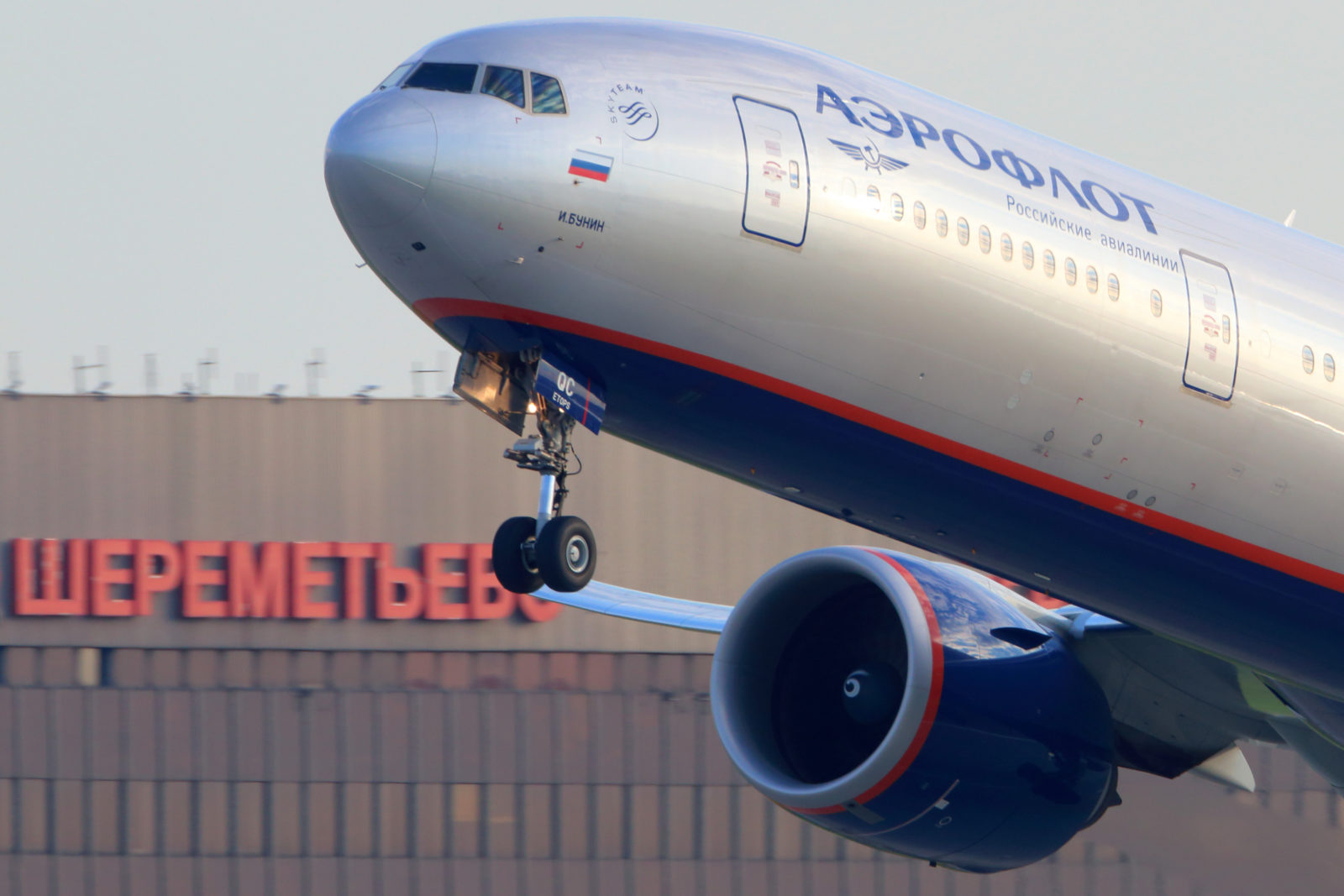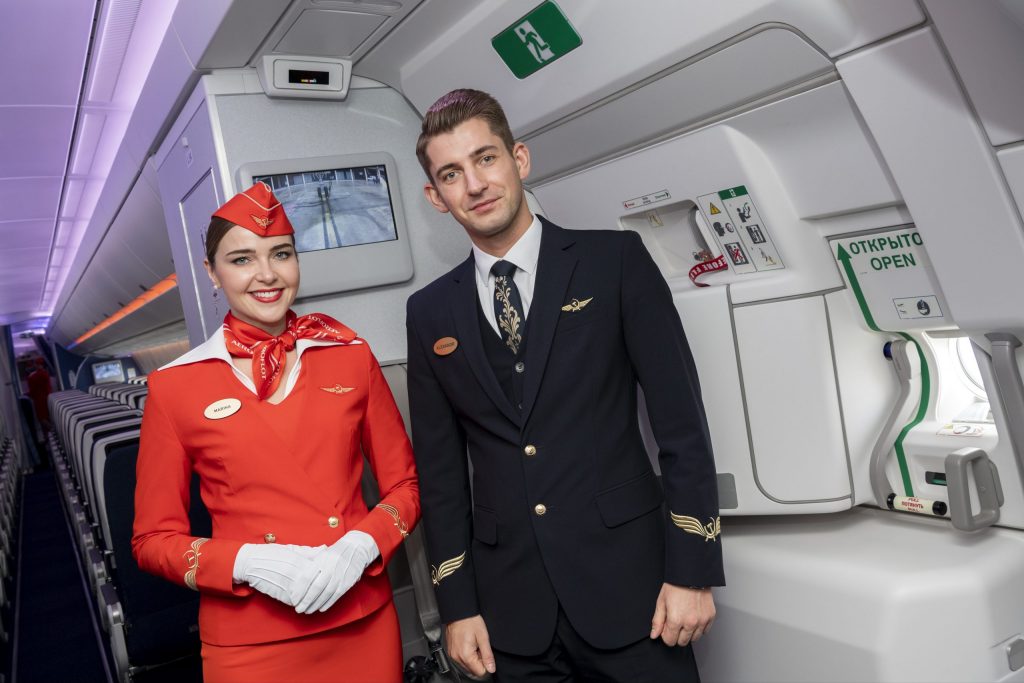Russia Asks President Trump to Reopen US Airspace to its Airplanes and Resume Direct Flights Between the Two Countries
- US airspace has been shuttered to Russian aircraft since March 2022 but Moscow says lifting the ban would be a big step in improving bilateral relations between Russia and the United States.

Russia’s Ministry of Foreign Affairs has called on President Trump to lift a ban on Russian planes using US airspace and to allow the resumption of direct flights between the two countries.
The request came just hours before Ukrainian president Volodymyr Zelenskyy met with Trump and Vice President JD Vance in a hostile meeting in the Oval Office that descended into chaos and led to Zelenskyy being thrown out of the White House.

Russian jets have been banned from using US airspace since March 2022, when President Biden imposed the sanction on Russia, following the lead of NATO allies, including the United Kingdom, European Union, and Canada. In response, Russia imposed reciprocal airspace bans.
The airspace ban was expected to remain in force until Russia withdrew its troops from Ukrainian territory – as a result, it was generally considered that the status quo could remain in force for years to come.
But with the Trump administration seeking to rebuild diplomatic relations with Russia, that assumption could be quickly upended.
In a statement posted to the website of the Ministry of Foreign Affairs for the Russian Federation, a spokesperson commented on a meeting between diplomats of Russia and the United States.
“The necessity of achieving tangible outcomes to foster conditions conducive to improving bilateral relations, in the interests of both nations, was underscored,” the spokesperson said of the meeting.
“In particular, the American side was encouraged to consider the restoration of direct air service between the two countries.”
The statement added: “The discussions proceeded in a substantive and business-like manner, with both parties agreeing to continue dialogue through this channel.”
The airspace ban has not had a major impact on US airlines, as United Airlines was the only American carrier to actively use Russian airspace on flights between San Francisco and Delhi and between Newark and Mumbai.
The airline faced criticism at the start of the Ukraine conflict when it decided to continue using Russian airspace before the ban was imposed. In order to use Russian airspace, United was required to pay Russia for the privilege – something that critics claimed was helping fund Putin’s war in Ukraine.
Along with the reopening of airspace, President Trump may also ease the supply of spare aircraft parts to Russia, notably for Boeing jets, which Russian flag carrier Aeroflot has struggled to maintain since sanctions were imposed in early 2022.
Despite the sanctions, however, Aeroflot and other Russian airlines have reportedly managed to source some spare parts through other channels – a process that is technically illegal, albeit hard to stop.
Related
Mateusz Maszczynski honed his skills as an international flight attendant at the most prominent airline in the Middle East and has been flying ever since... most recently for a well known European airline. Matt is passionate about the aviation industry and has become an expert in passenger experience and human-centric stories. Always keeping an ear close to the ground, Matt's industry insights, analysis and news coverage is frequently relied upon by some of the biggest names in journalism.








What? All of the US airlines regularly used russiian airpace before the sanctions. Delta flights to/from ICN became substantially longer. All US carriers flights to China have been impacted, although there are a lot less of them now.
But SFO-DEL/BOM aren’t possible without Russian airspace flying to ICN and China is possible, albeit difficult and probably with payload restrictions. It is the reason AA never started SEA-BLR.
What is substantially longer? I completed the ATL -ICN late November. Noticed the change in flight paths, but after the 13th hour of flying, my butt does not feel the difference to label it substantial.